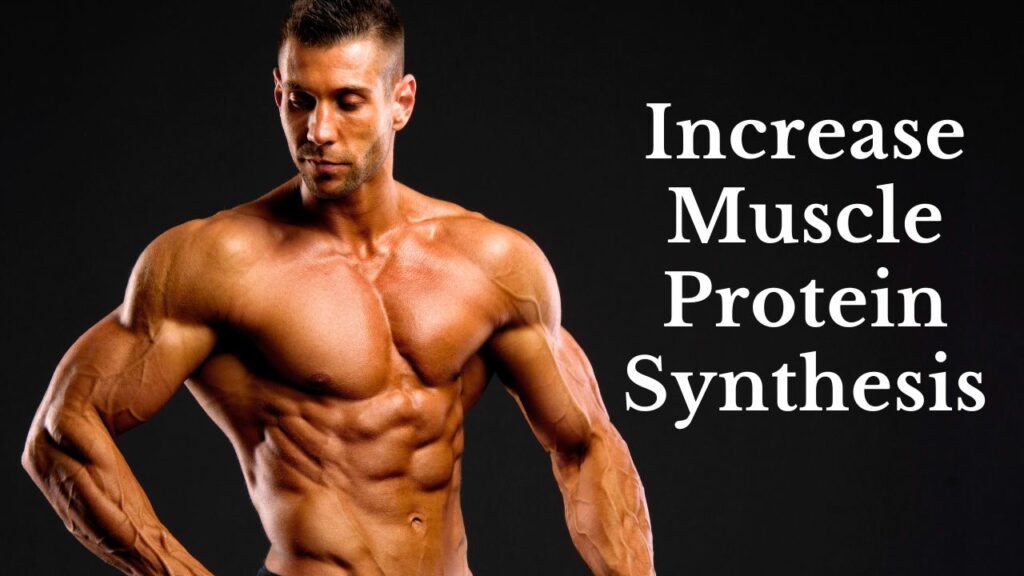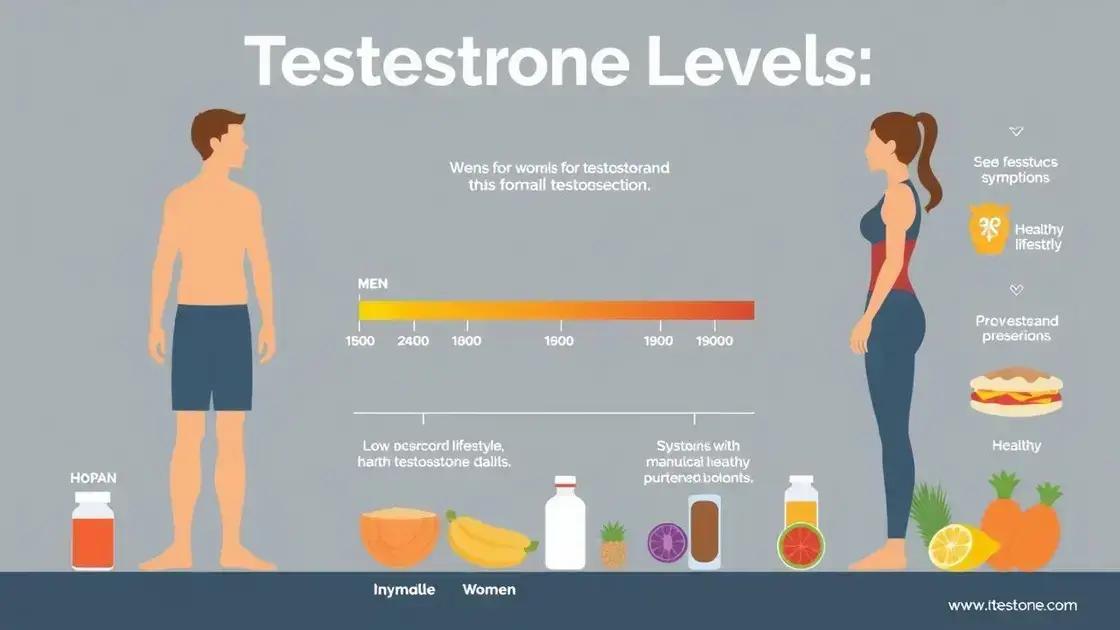
Powering Gains: How Protein Fuels Muscle Growth and Recovery
In the world of fitness and bodybuilding, the quest for muscle growth and quick recovery is a common goal among athletes and gym enthusiasts alike. While factors such as training intensity, rest, and hydration play significant roles, one of the most vital components for achieving muscle gains often boils down to a macronutrient we are all familiar with: protein. Understanding how protein fuels muscle growth and aids in recovery can empower individuals to optimize their diets and training regimes for maximum effectiveness.
The Role of Protein in Muscle Growth
1. Building Blocks of Muscle
Protein is composed of amino acids, which serve as the fundamental building blocks of muscle tissue. When we engage in resistance training, muscles sustain micro-tears. This process signals the body to rebuild the damaged muscle fibers, a process known as muscle protein synthesis (MPS). Sufficient protein intake provides the amino acids necessary for MPS, aiding in the repair and growth of muscle fibers.
2. Types of Protein
There are two primary categories of protein sources: animal-based and plant-based. Animal proteins, such as those found in meat, dairy, and eggs, are considered complete proteins because they contain all nine essential amino acids the body cannot produce. Plant-based proteins, including legumes, nuts, and grains, might be incomplete; however, they can be combined to ensure a well-rounded intake of amino acids.
3. The Science Behind Protein Timing
Research indicates that the timing of protein consumption can amplify its benefits. For optimal muscle growth, consuming protein shortly after workouts can significantly enhance MPS. This post-workout “anabolic window” is believed to last up to 48 hours, although the most pronounced benefits are observed within the first two hours following intense exercise. Incorporating protein-rich foods or supplements during this window can facilitate immediate recovery and support muscle growth.
Protein and Recovery
1. Reducing Muscle Soreness
After a strenuous workout, muscle soreness (also known as delayed onset muscle soreness, or DOMS) can impede future training sessions. Consuming protein after exercise helps mitigate this soreness by promoting a quicker recovery. The amino acids present in protein contribute to reducing inflammation and repairing the micro-tears experienced during high-intensity workouts.
2. Preventing Muscle Loss
During periods of inactivity or caloric deficit, the body can enter a catabolic state, where it breaks down muscle tissue for energy. Adequate protein intake is essential for maintaining muscle mass during such times. This is particularly important for individuals looking to lose weight or those recovering from injury. A high-protein diet can help preserve lean muscle while encouraging fat loss, contributing to a healthier body composition.
3. Hormonal Response
Protein intake also stimulates the release of hormones that promote growth, such as insulin and growth hormone. These hormones play crucial roles in the muscle recovery process, facilitating the uptake of nutrients into muscle cells and supporting overall anabolic processes.
How Much Protein Do You Need?
The optimal amount of protein varies based on several factors, including age, sex, weight, and activity level. For adults engaged in regular exercise, recommendations typically range from 1.2 to 2.2 grams of protein per kilogram of body weight, depending on the intensity and goals of the individual. It is advisable to spread protein intake across meals throughout the day, aiming for a consistent supply that supports muscle maintenance and growth.
Conclusion
In summary, protein is undeniably one of the most critical nutrients for anyone looking to build muscle and recover effectively. By understanding the science behind protein’s role in muscle growth, soreness reduction, and recovery, athletes and fitness enthusiasts can make informed dietary choices that optimize their performance and progress. Whether through lean meats, dairy, or plant-based sources, ensuring an adequate and timely intake of protein can power gains and set the foundation for long-term success in health and fitness journeys.
Protein is an essential macronutrient that plays a critical role in the growth, repair, and maintenance of muscle tissue. Comprised of amino acids, which are the building blocks of muscle, protein is vital for anyone looking to enhance their physical performance, whether through strength training, endurance activities, or general fitness. When muscles are subjected to the stress of exercise, particularly resistance training, they experience micro-tears that need to be repaired. Protein facilitates this repair process, enhancing muscle recovery and growth.
Amino acids can be categorized into two groups: essential and non-essential. Essential amino acids must be obtained through dietary sources, as the body cannot synthesize them internally. They are vital for muscle protein synthesis, which is the process through which the body builds new muscle. The branched-chain amino acids (BCAAs) — leucine, isoleucine, and valine — are particularly important because they directly stimulate muscle protein synthesis and can help reduce exercise-induced muscle soreness. Consuming a protein-rich diet ensures that the body has the necessary amino acids to support muscle metabolism.
The timing and type of protein consumed can further influence muscle growth and recovery. Post-exercise nutrition is crucial, as muscles are especially receptive to nutrients in the hours following a workout. Studies suggest that consuming protein shortly after exercising can maximize muscle repair and growth. Whey protein, which is quickly absorbed, is often recommended for post-workout recovery, but other sources like casein, eggs, dairy, and plant-based proteins can also support muscle health. It’s important to consume a balanced protein intake throughout the day to maintain elevated amino acid levels in the bloodstream.
The recommended dietary allowance (RDA) for protein varies depending on age, sex, and physical activity levels. For those engaged in regular exercise, protein needs may increase significantly. Active individuals are often advised to consume anywhere from 1.2 to 2.2 grams of protein per kilogram of body weight, depending on their training intensity and goals. This suggests that athletes and individuals aiming to build muscle should prioritize protein in their diets to meet their increased needs.
Not all protein sources are created equal; the quality and bioavailability of protein can also affect muscle protein synthesis. Animal-based proteins, such as meat, dairy, and eggs, are often considered complete proteins because they contain all nine essential amino acids in adequate amounts. Plant-based proteins — including legumes, nuts, and grains — can also provide valuable nutrients, though they may sometimes lack one or more essential amino acids. Combining different plant protein sources can help achieve a complete amino acid profile, making it easier for vegetarians and vegans to meet their protein requirements.
In addition to muscle growth, protein plays a role in regulating metabolism and supporting overall health. Proteins are crucial for the production of enzymes and hormones that facilitate various physiological processes. Higher protein intake can increase satiety, helping with weight management by reducing overall calorie consumption. Additionally, the thermic effect of food (TEF) is higher for protein compared to carbohydrates and fats, meaning that the body burns more calories digesting protein, which can aid in fat loss while preserving muscle mass.
Finally, it’s worth noting that while protein is fundamental for muscle health, an overly high intake will not necessarily equate to increased muscle growth. Balanced nutrition, along with adequate carbohydrates and healthy fats, is vital for optimal performance and recovery. Hydration, rest, and a well-structured workout program also significantly contribute to muscle development. Thus, while protein is an indispensable part of the equation, holistic attention to all aspects of nutrition and lifestyle is essential for achieving fitness goals and maintaining muscle health.






